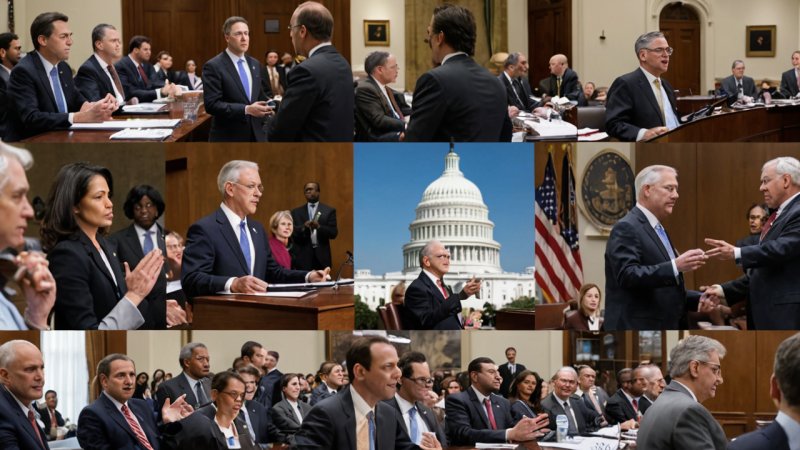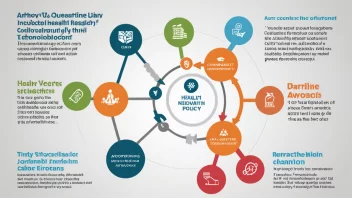Lobbying is a significant force in shaping public policy, often influencing legislation and governmental decisions. While it is commonly viewed with skepticism, understanding its mechanisms and impacts can shed light on its role in democracy.
At its core, lobbying involves individuals or groups advocating for specific interests to policymakers. This can range from large corporations to grassroots organizations, each with distinct goals. The primary objective of lobbying is to persuade lawmakers to enact or reject legislation that affects their interests.
One of the key aspects of lobbying is its ability to provide information. Lawmakers often rely on lobbyists for insights into complex issues, as they may lack the time or resources to conduct extensive research themselves. This means that lobbyists can play a crucial role in informing policy debates. However, this power can also lead to disproportionate influence, where well-funded interests overshadow the voices of the general public.
In recent years, the landscape of lobbying has evolved with technology. Digital advocacy has become more prevalent, allowing organizations to mobilize support quickly and efficiently through social media and online campaigns. This shift has made it easier for smaller groups to participate in the lobbying process, potentially diversifying the voices heard in policy discussions.
Despite these advancements, the traditional concerns surrounding lobbying remain. Critics argue that it can lead to corruption, as financial contributions to political campaigns can create a sense of obligation among lawmakers. This raises questions about transparency and accountability in the political process. To address these concerns, many countries have implemented regulations to monitor lobbying activities, aiming to ensure that all voices are heard fairly.
Moreover, the effectiveness of lobbying varies by sector. In industries such as healthcare and energy, lobbying efforts can significantly impact regulations and funding. For instance, pharmaceutical companies often lobby for favorable drug pricing policies, while environmental groups may advocate for stricter regulations on emissions. Understanding these dynamics is crucial for citizens who wish to engage with and influence public policy.
In conclusion, lobbying is a double-edged sword in the realm of public policy. While it can enhance the democratic process by providing valuable information and representing diverse interests, it also poses challenges related to equity and accountability. As citizens, staying informed about lobbying's influence is essential to ensure that our voices are heard in the policy-making process.






